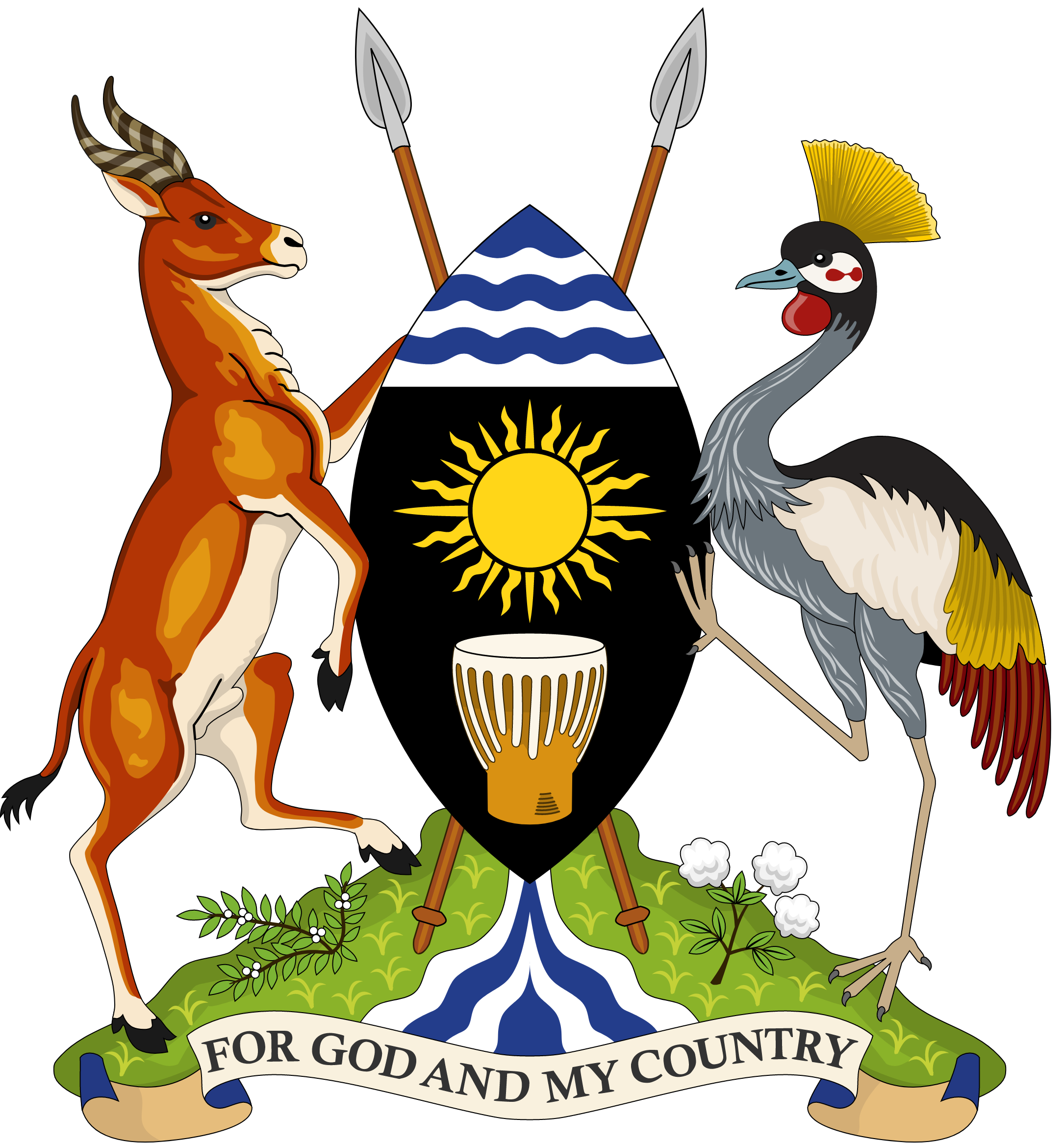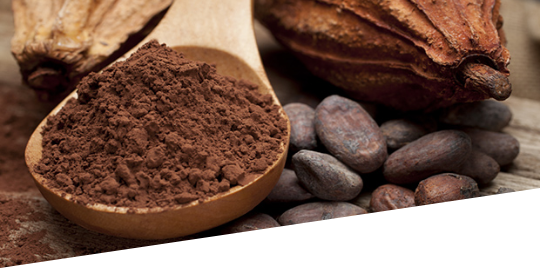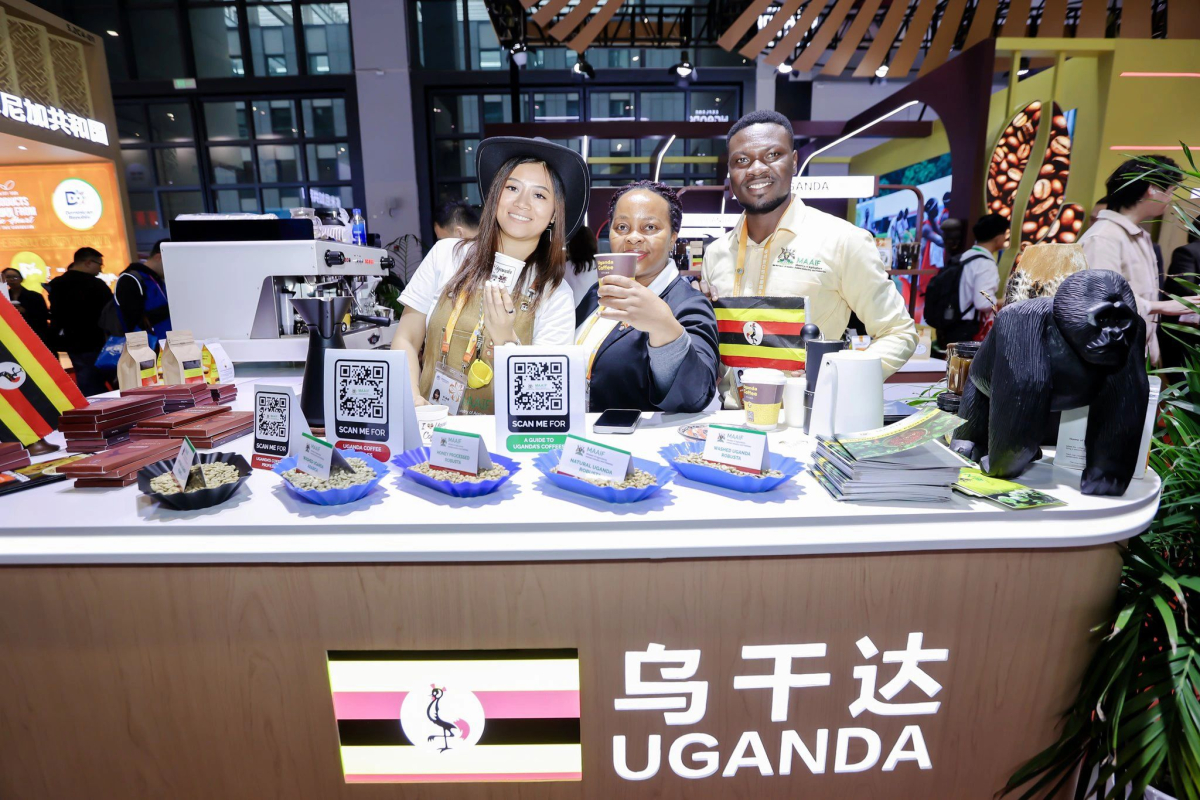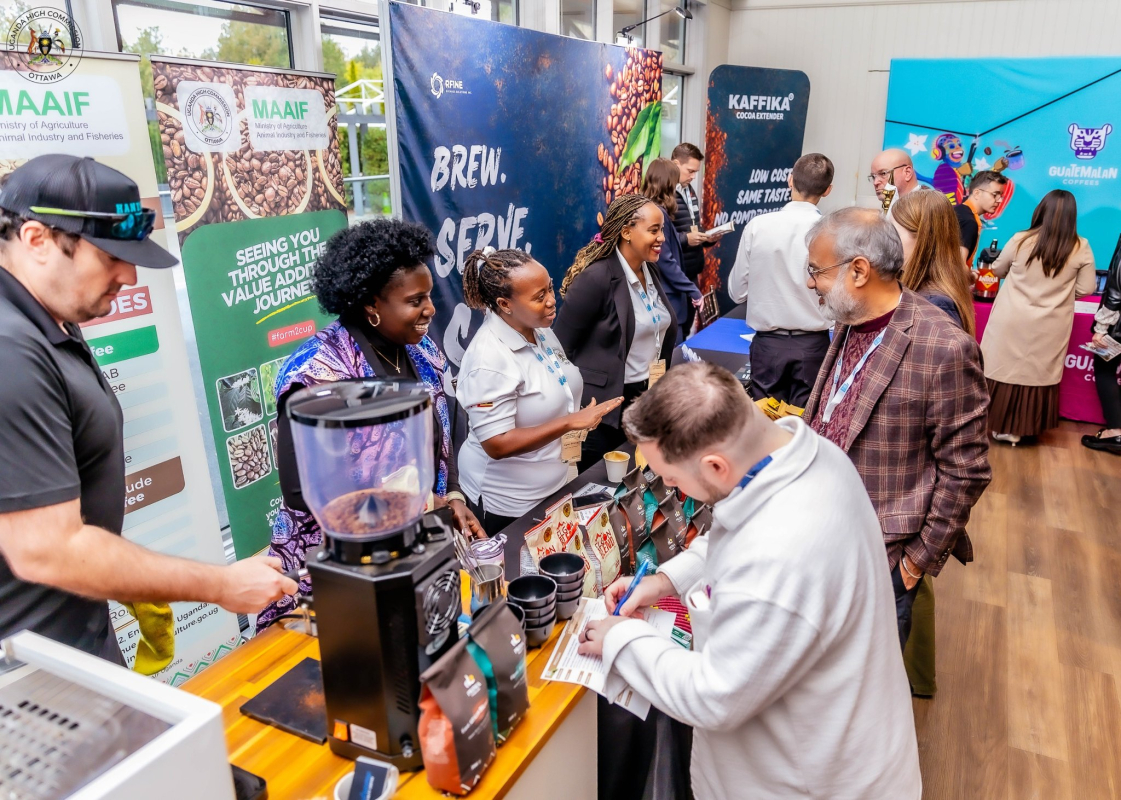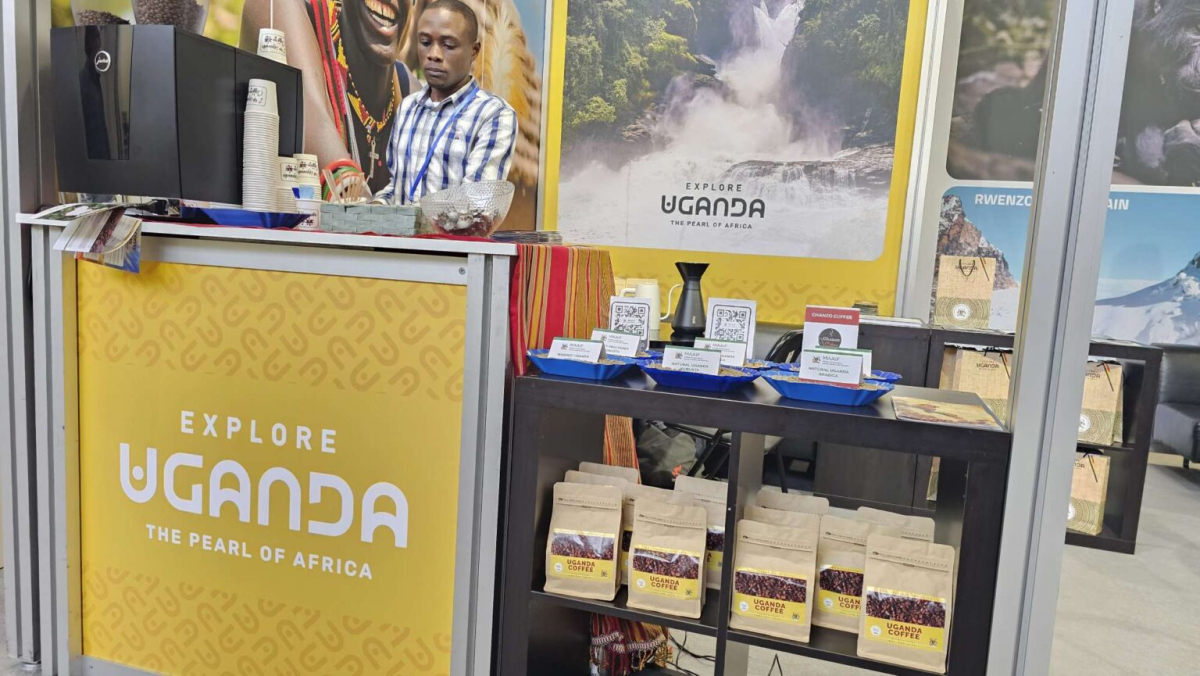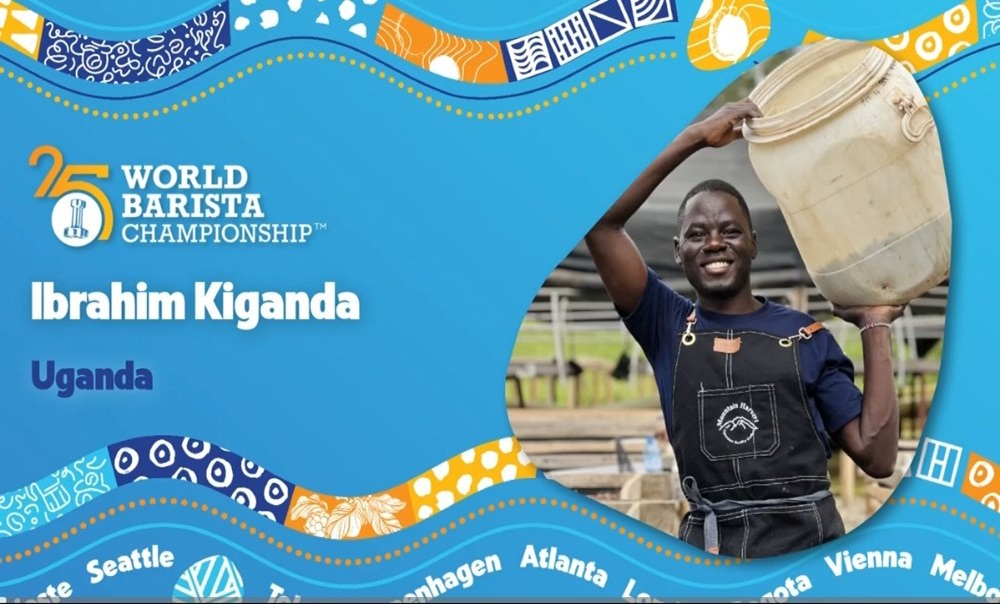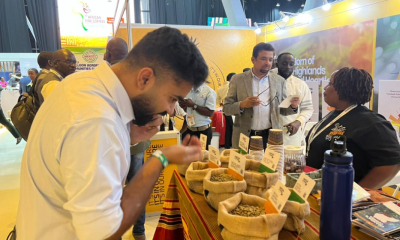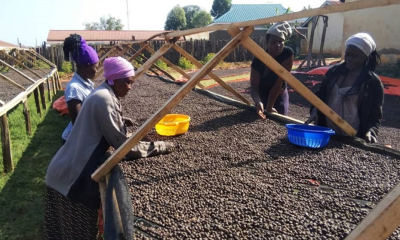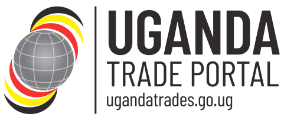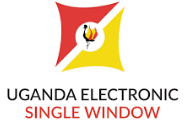Uganda Coffee shines bright at the AFCA conference and Expo 2026
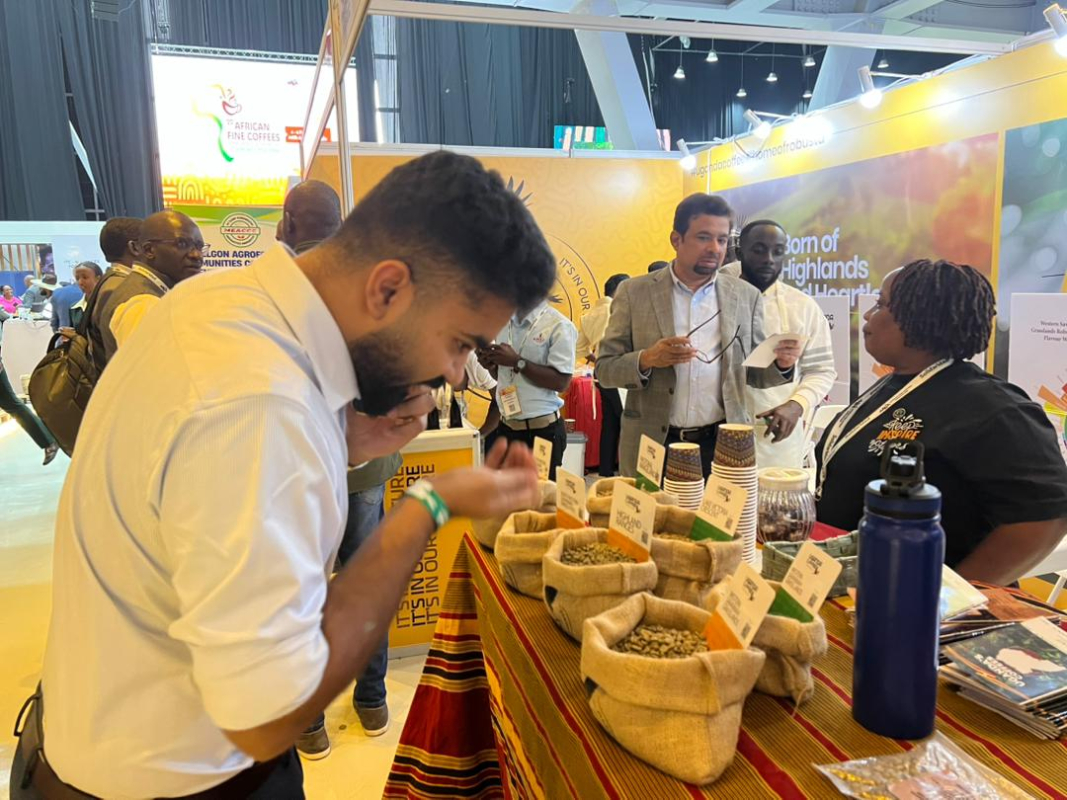
Uganda’s coffee sector took centre stage at the African Fine Coffees Association (AFCA) Conference and Expo 2026, with the country showcasing its growing strength, diversity, and global relevance at Africa’s premier coffee forum.
Participating through the Ministry of Agriculture, Animal Industry and Fisheries (MAAIF), Uganda highlighted its position as Africa’s leading coffee exporter and one of the world’s top producers of Robusta coffee, alongside a fast-expanding Arabica segment. Uganda’s presence attracted strong interest from international buyers, roasters, traders, and development partners.
Uganda’s exhibition stand featured a wide range of coffees from different Agro-ecological zones, drawing attention to the country’s distinct flavour profiles, improved quality standards, and increasing consistency in supply.
The prominence of Uganda Coffee was further elevated by a visit from the Ethiopian Prime Minister, who toured the Uganda Coffee Booth and interacted with sector officials.
Beyond the exhibition, Uganda actively participated in high-level policy dialogues and technical sessions focused on climate resilience, quality enhancement, market access, and value addition.
Another highlight of the conference came during the closing ceremony, where Uganda won the Africa barista competition with both the overall winner and the 1st runner up positions.
And to cap it off, Uganda was officially announced as the host of the AFCA Conference and Expo 2027—further cementing the country’s leadership role in Africa’s coffee industry.
From Addis to Kampala.
